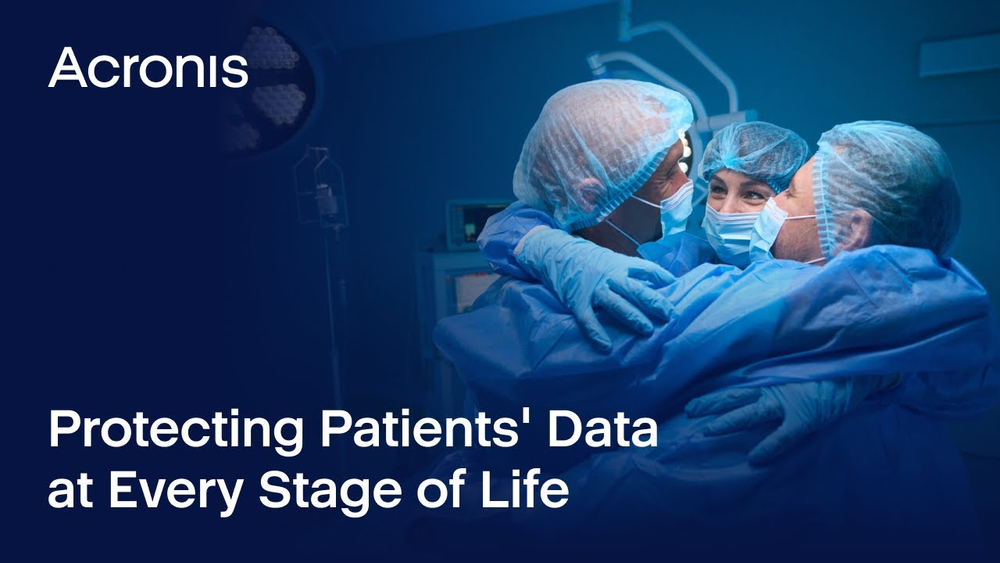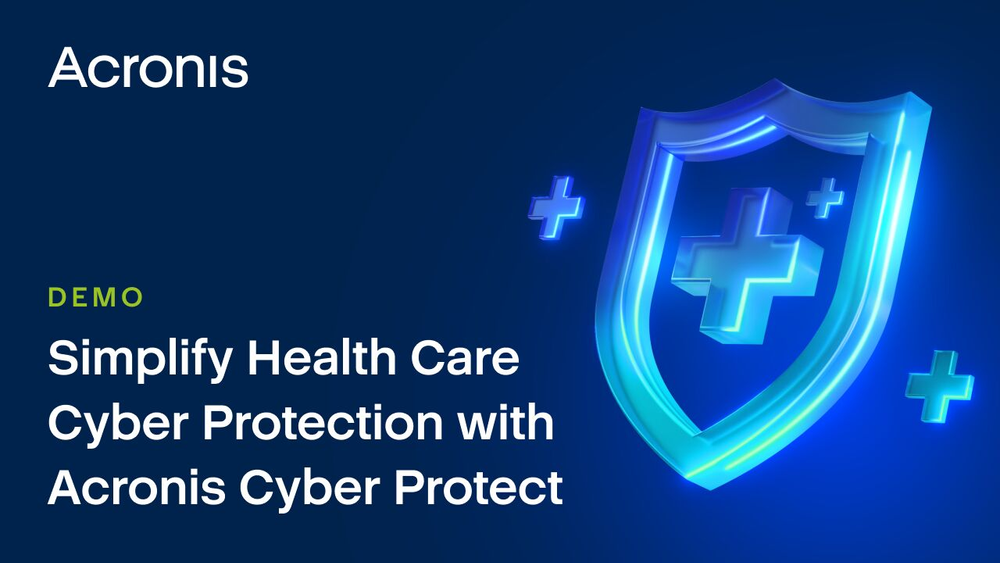
Сloud backup and disaster recovery
Health care data is integral at every point of patient care, but security breaches and human errors can lead to downtime, data loss and compliance violations. Secure and rapidly recover patient data with cloud backup and recovery
- EHR continues to expand. It requires secure systems, technology and policies focused on defending data and patients. Scalability is critical.
- Legacy computing hardware, operating systems, applications and devices are difficult to patch and pose significant cybersecurity risks.
- Special purpose internet of things (IoT) devices like insulin pumps, monitors, pacemakers and other devices are impossible to patch and susceptible to cybercriminal exploitation.
Acronis Cyber Protect for health care organizations
Recover swiftly
Scale in the cloud. Back up and restore health data to keep operations on track. Mitigate data loss against cyberattacks, disasters, infrastructure failures or human errors.
Reduce cyber risk
Secure unstructured and structured data. Automate data classification to ensure the protection of vital patient assets and support compliance reporting.
Enhance security posture
Protect against advanced threats, including ransomware, data stealers and zero-day malware. Integrate cybersecurity and data protection in one solution.
Recent success stories
Rush Memorial Hospital protects medical records with Acronis Cyber Protect
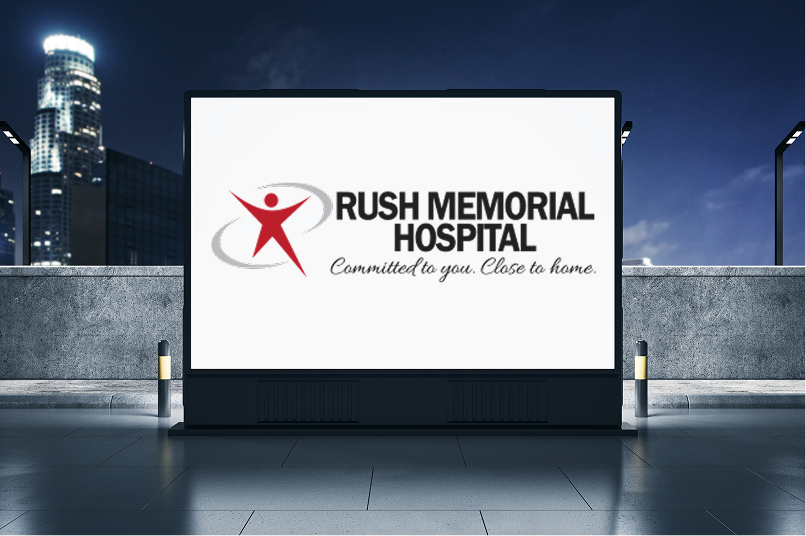
- DescriptionRush Memorial Hospital replaced outdated tape- and disk-based backups with Acronis Cyber Protect. This enabled the hospital to improve data protection, accessibility and recovery time objectives (RTOs). As a result, Rush Memorial enhanced its IT operations, ensuring the continuous availability of applications critical to delivering high quality patient care.
- Key challengesPhysical backups weren’t adequately protected and made the process of backing up and restoral inefficient. Rush Memorial Hospital's existing tape and disk-based backup and recovery system was not agile enough to provide the level of protection the hospital needed, which put patients' health at stake. The hospital needed to enhance its ability to recover quickly and accelerate deployments.
- RisksPotential inaccessibility of critical production applications could cause downtime and disruption to patient care, which interferes with medical emergencies.
- Our solutionAcronis Cyber Protect enhanced Rush Memorial Hospital’s data protection and recovery capabilities, safeguarding uptime and the quality of patient care.
Our client’s quote
Acronis solutions are trusted by thousands of service providers worldwide. See what they have to say.
- Improve complianceAcronis Advanced Disaster Recovery improves your compliance posture with regulations like NIS 2 by ensuring that sensitive patient data is handled with utmost care. Your health care institution can achieve total data resilience without compromising patient confidentiality.
- Reduce downtime and data lossAcronis offers best-in-industry recovery time objectives (RTOs) and recovery point objectives (RPOs). Malware-free recoveries avoid reinfection by failing over to recovery points that have been scanned and remediated for malware and vulnerabilities.
- Get running in secondsAcronis Instant Restore enables rapid restoral of large amounts of data to get patient care back on track. It immediately starts your backup as a Windows or Linux virtual machine directly from storage. Instant Restore technology invisibly moves your data to the host in the background.
- Recover to any platformAcronis protects over 30 workload types in one single console, making it easy for healthcare IT to manage workloads and reduce protection costs.
- Backup encryptionEncrypt all backed-up data, rendering it useless to cybercriminals. Deploy robust encryption to avoid expensive regulatory penalties and achieve and stay compliant with regulations like
NIS 2. Improve compliance reporting with Data Protection Maps by adding detailed information on data storage and protection status tracking of critical files. - Reliable cloud backupScale, manage and protect high volumes of data. Deploy flexible, cost-effective hybrid backup that grows with your health and non-health data and lets you take advantage of on-site and off-site backups anywhere, anytime.
- Continuous data protectionEnsure clinicians and health care workers do not lose in-progress work. The Acronis agent monitors all changes made in the list of defined applications and continuously backs them up.
- Simplify data managementCentralize anti-malware protection. Perform scans of full disk backups at a centralized location. Detect and remediate malware such as ransomware, ensuring that you are always restoring from clean, malware-free backups.
Your business deserves proven cyber protection
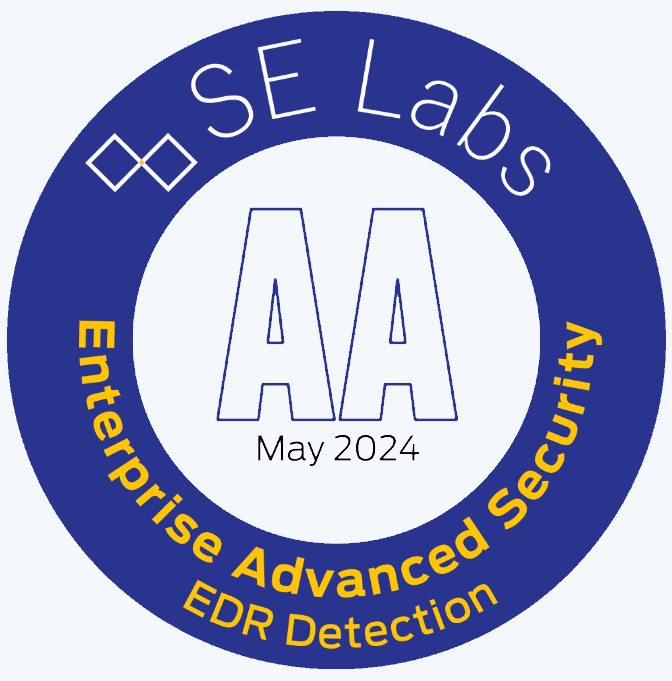
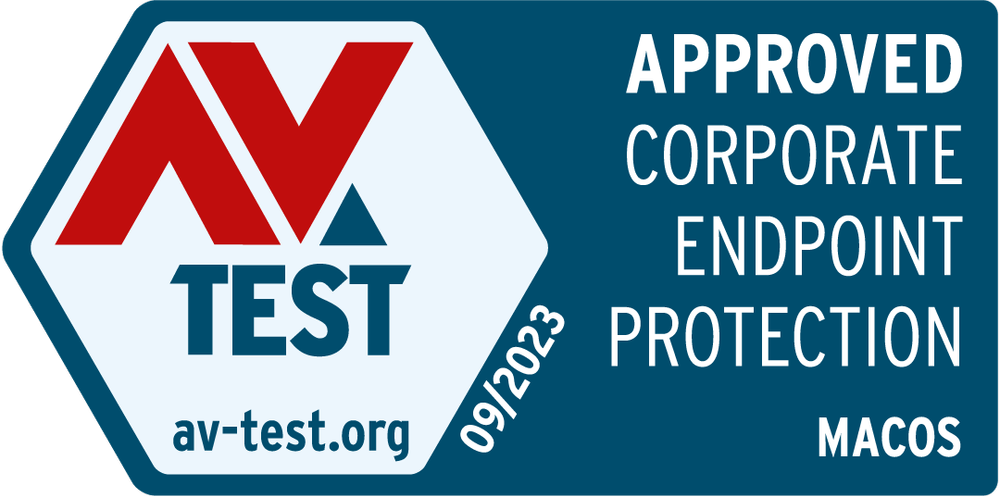
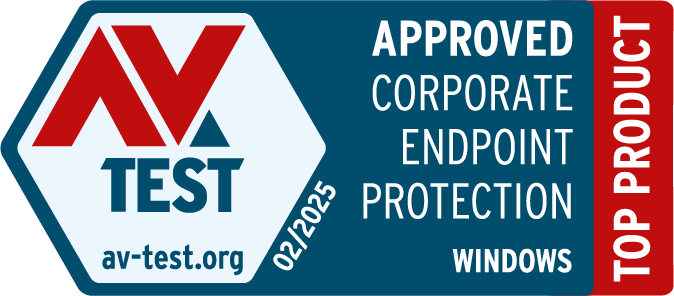
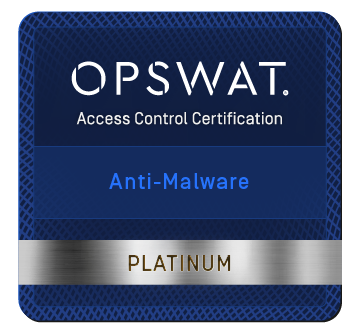






Looking for help?
Frequently Asked Questions
What are the consequences of data loss in health care?
Insufficient cybersecurity and data protection can leave health care organizations open to a variety of adverse consequences. Each could be devastating to the long-term health and viability of an organization:
• Downtime
• Data loss
• Susceptibility to cybercriminal extortion
• Regulatory fines
• Reputational damageHow often should health care data be backed up?
Performing regular backups is essential to protecting health care data, including patient information, organizational assets and critical financial information. Data of high criticality requires backup at more frequent intervals. For many health care providers, this means backups are performed every 24 hours.Why is data interoperability important in health care?
Interoperability ensures health care data remains accessible and functional throughout patient care. As average life expectancy continues to climb, so does patient data. Facing higher volumes of data and the ongoing digital transformation of the industry, health care providers struggle to maintain accurate, clear and secure data across systems and processes in patient care.
Most patients receive interconnected care, so their personal data is routinely transmitted between systems, clinicians, other health care workers and themselves. Interoperability can help simplify connectivity between health care organizations and improve secure sharing of patient information. This is key to delivering successful patient outcomes. Additionally, health data interoperability is recognized and supported by HIPAA.How can encryption help protect health care data during backup and recovery?
Encryption is a vital security measure to safeguard all stored data, including backups. When data is encrypted, information is rendered useless to cyberattackers that gain access to it. By encrypting backups, health care institutions not only protect against data theft and loss, but also avoid costly and reputation-damaging compliance sanctions.
Encryption is a cornerstone of data integrity for HIPAA-compliant backup and cloud storage. It is one of the most effective ways to defend the accuracy, privacy and accessibility of patient data, including PHI, EHR and various kinds of sensitive data. Encryption also helps control access to sensitive patient information by allowing only authorized, key-equipped individuals to read it.What are the differences between on-site and off-site backup?
On-site backup solutions store data copies on physical hard drives, media and on-premise servers to safeguard backups away from at-risk systems. One benefit of on-site backup is that data remains close at hand, easily retrievable in a cyberattack or unforeseen event, and quickly recoverable without an internet connection.
Off-site backup solutions duplicate data to a distinct geographical location secluded from the primary production system. The most common example of off-site backup includes cloud-based backup that stores data to a cloud that is managed by a cloud service provider.What is hybrid backup?
Hybrid backup solutions combine the advantages of on-site and off-site backup, providing better cyber resilience against attacks and natural disasters. The two methods work harmoniously to provide swift access to essential data through local backups, while also reinforcing security through cloud backup. The result gives health care providers the benefit of accessing restored, critical data quickly in emergency situations without sacrificing the security and integrity of backup repositories.How can health care organizations recover from ransomware attacks?
Recovering from ransomware attacks is a complex process that requires careful steps to minimize the impact of damage. For health care organizations, these procedures are even more pivotal because of the interconnected systems, sophisticated operations and large volumes of patient data that are involved.
Incident response plans (IRP) are a fundamental and preparational measure against ransomware attacks on health care organizations. Developing a comprehensive IRP will ensure processes, steps and responsibilities are outlined in a cyberattack. IRPs help health care institutions prepare and establish clear actions to identify, contain and resolve cyber incidents quickly. This preparedness reduces confusion, disruption and downtime with health care operations in the wake of a malware attack, while safeguarding the business continuity that is essential to emergency medical care. Additionally, IRPs help IT organizations diagnose and remediate the missteps and vulnerabilities that provided an opening for the cyberattack, enabling improvement of defenses against future threats.
Sorry, your browser is not supported.
It seems that our new website is incompatible with your current browser's version. Don’t worry, this is easily fixed! To view our complete website, simply update your browser now or continue anyway.
